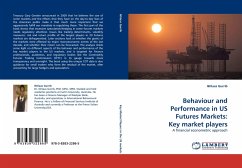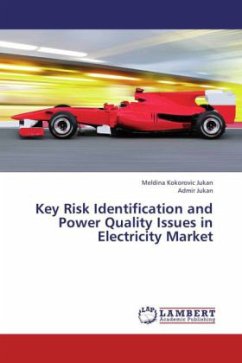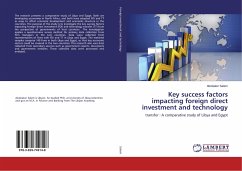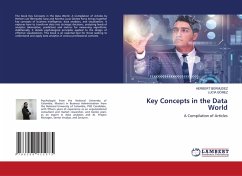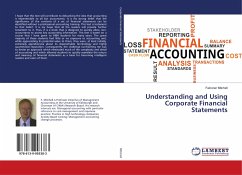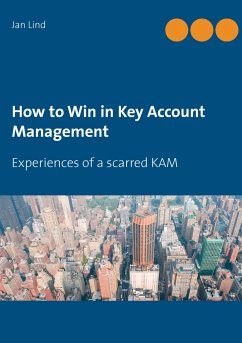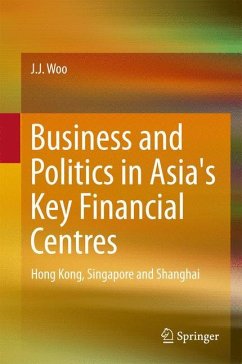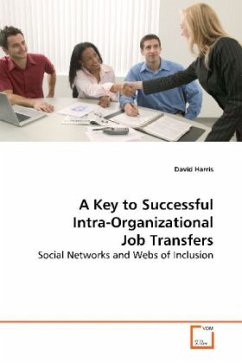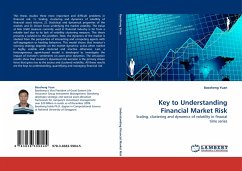
Key to Understanding Financial Market Risk
Scaling, clustering and dynamics of volatility in finacial time series
Versandkostenfrei!
Versandfertig in 6-10 Tagen
52,99 €
inkl. MwSt.

PAYBACK Punkte
26 °P sammeln!
This thesis studies three most important and difficult problems in financial risk: 1). Scaling, clustering and dynamics of volatility of financial asset returns; 2). Statistical and dynamical properties of the market; and 3). Driven force underlying the market volatility. The Value at Risk (VaR) measure currently used in financial industry is far from a reliable tool due to its lack of volatility clustering measure. This thesis presents a solution to this problem. Next, the dynamics of the market is studied from the perspective of interacting and competing agents with self-segregation or herdi...
This thesis studies three most important and difficult problems in financial risk: 1). Scaling, clustering and dynamics of volatility of financial asset returns; 2). Statistical and dynamical properties of the market; and 3). Driven force underlying the market volatility. The Value at Risk (VaR) measure currently used in financial industry is far from a reliable tool due to its lack of volatility clustering measure. This thesis presents a solution to this problem. Next, the dynamics of the market is studied from the perspective of interacting and competing agents with self-segregation or herding behaviors. This model shows that investor's winning strategy depends on the market dynamics: active when market is highly volatile and clustered and inactive otherwise. Last, a heterogeneous agent-based model is developed to investigate the impact of investor's sentiments on asset price dynamics. The simulation results show that investor's dynamical risk aversion is the primary driven force that gives rise to the excess and clustered volatility. All these results are the keys to understanding, quantifying and managing financial risk.



